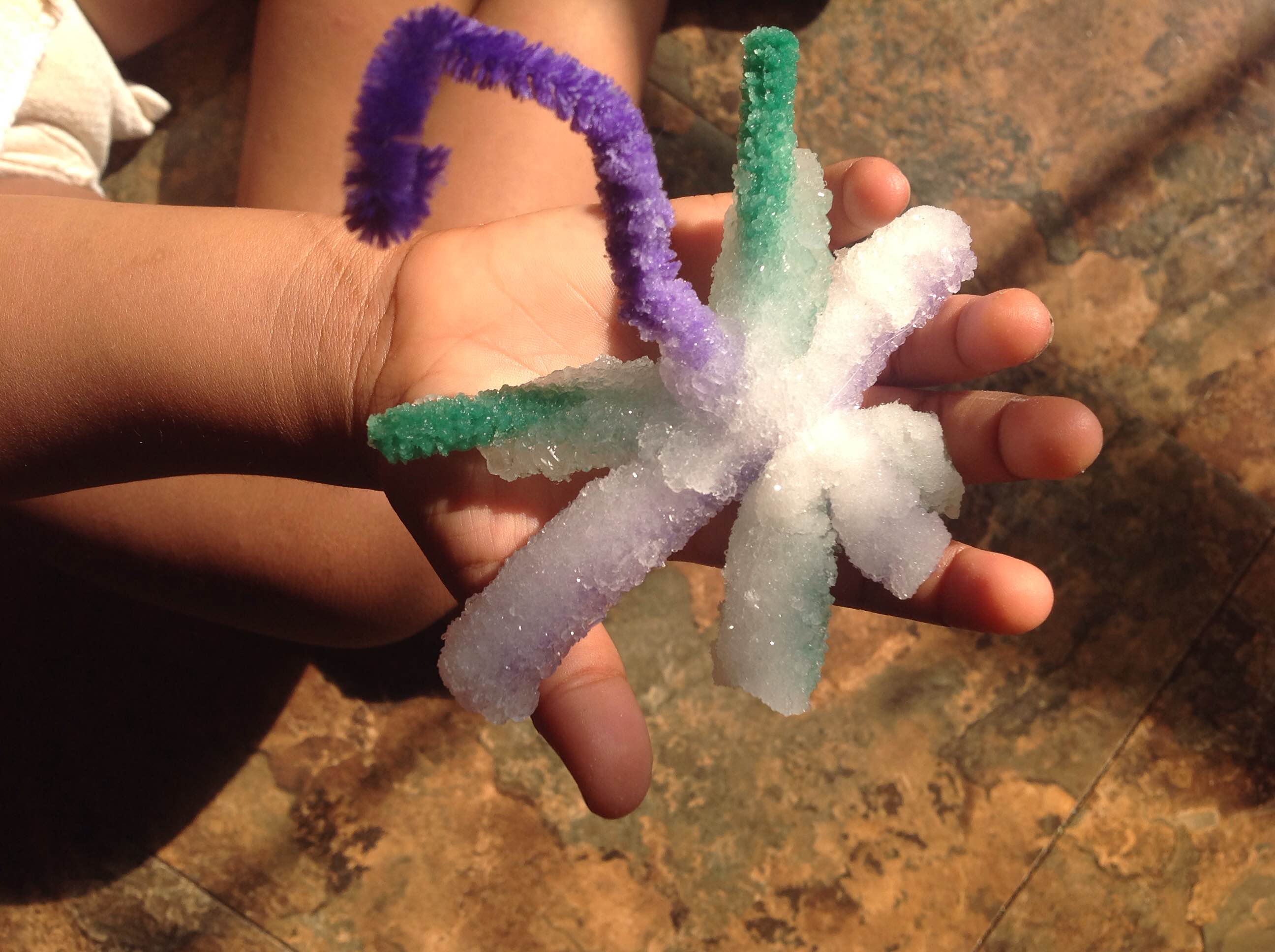Science Lesson: How to Keep a Science Journal
Doing science experiments is fun, exciting, and full of big ideas!
Why bother with writing when you could be mixing up chemicals, blasting rockets, or spinning laser beams?
Because all your “great ideas” are worth nothing if you can’t tell others about what you’re doing.
Scientists write in journals to let others know the latest news with their experiments, announce their new discoveries, or to simply keep track of their progress.

Keeping a science journal doesn’t have to be flashy or fancy, just accurate. I’m going to show you the three easy steps to keeping a journal.
You don’t have to write a novel – just keep track of what you’re doing along with any questions that come up. It’s a lot easier to do a couple pages a day for a month rather than trying to pound out a hundred pages in a day! This is something you’re going to use throughout the program doing just a little bit at a time, At the end of the month or year, you’ll be surprised to see how much science you’ve covered!
Here’s a quick and easy way to handle the documentation issue minimal fuss and hassle. This method will even score you points toward your science curriculum requirements along with setting up a life-long habit, which will serve your child even greater in the future, which is really what we’re after.
There are three simple steps to this process:
Grab, Title, and Record
Step 1: Grab a notebook.
You don’t need a fancy quad-ruled, glossy bound, gold-letter-embossed notebook, either. Just find a regular spiral-bound notebook from the store and scribble your child’s name across the top. (You can even staple ten blank pages together and call it a notebook if you really want to.)
Step 2: Title the top of a fresh page with the name of the lesson or experiment.
For example, if you’re doing a paper airplane lesson, you’d write: Paper Airplanes. Easy so far, right? Add the date and time to the top corner and number your pages (in case you need to reference them later on. Trust me – it’s a lot easier to number as you go).
Step 3: Record by describing what you’re doing.
If you’re reading about gravity, jot down a few notes about what you picked up. This is where you want to capture your Ah-HA! moments. If getting your child to write is harder than changing a car transmission in a snowstorm, then grab a video camera and record them as they work and talk their way through the experiment. Just have them describe what they are doing as they do it (you can prompt with questions if they get stuck for words).

For most kids, don’t have them look at the camera. In fact, if you focus the camera only on their hands as they work through an experiment, shyness and fake smiles usually will vanish.
A lot of scientists and engineers carry around a voice recorder, so when they have a great idea, they can quickly capture it with words by hitting the ‘record’ button, and later play it back and jot down notes and expand it when they have more time.
If you love to write and draw, simply write down the experiment or reading bullet points and illustrate with pictures, describing it with real words that make sense to you. Don’t worry about it not being ‘formal’ or ‘correct’ – this is your journal, not for anyone else.
Use words that really speak to you in your own terms. You are not writing a textbook, but rather capturing the essence of the experience you’re having as you learn science.
Also, if you have any questions that pop up along the way (especially ones that require more time to search for the answers), write them down here as well. Highlight or *star* each question so you remember to go back and get them answered when you have more time. If you’re recording your progress on a science experiment, get your picture taken as you are doing the experiment and paste it in the notebook. Add a caption about what you are doing, what you found, etc.
Most scientists will also record any data they took for the experiment alongside the picture of their set up so it’s all in one place. An excellent idea many families have reported using is at the end of the unit, the parents will become the student and the kids teach the lesson back to the parent until the parent gets it. This may take a bit of work of the kid’s part, but most of the time, you’ll find kids are determined and creative at getting their point across because they are so excited and passionate about what they have just learned.
For example, if you’re launching the potato cannon (which we’ll actually be doing later on), and you finally figured out how it worked, we’d rather see you write:
“I shoved the stick in, which squashed the air, and POP!”
…instead of “…as the lowermost potato slug was moved in an upward direction, the pressure increased as the volume decreased until the structural integrity of the uppermost potato was breached, at which time the…”

Turning your Science Journal into Homework You Can Hand In
Homework is important because it boosts you up to the top 10% of the students worldwide that actually take the time to capture and record their work.
If you just hear or read something only one time, you will only remember 12% of it after about a week.
However, when you capture and record notes about what you’re doing (e.g. homework) , what you remember after a week shoots up to over 65%. When you take it one step further and teach it to others, you’re now over 85% retention after the first month.
Once you’ve mastered the basic steps to keeping a science journal, you can easily match it with your state’s requirements for science, provide it as a writing sample with your college application (especially if it contains photos of you taking data), or show it it to your adviser.
By documenting your work in this way, you are setting one of the corner foundations of being a real scientist. Your experiments aren’t going to be useful if you can’t tell other people about it. There’s a standard format that most scientists follow, and that’s what we’re going to cover here. When you practice these essential steps, your child will be light-years ahead of the game when they hit college. Your kids will not just know the steps on an intellectual level, but it will become built into their nervous system through habit and be a guide as they work through their homework for years to come.

Tips & Tricks & Bonus Ideas!
If I’m starting a fresh notebook, then I’ll usually skip the first 5-10 pages before starting to write, and stop writing 5-10 pages before the end. Then I’ll go back and add a table of contents in those first skipped pages and an index and/or glossary in the last skipped pages for a more complete book. I’ll also number the pages as I go along so this part is a lot easier.
When I first do a new experiment, I don’t record anything at all. In fact, I’ll just play with the experiment to get really familiar with how it works, why it works, and what I have to tweak to get it to work just right. The recording process comes after I’ve rolled around and played with the main ideas. With this approach, I’m able to formulate a better question because now I have experience with the experiment and I find that I am not as worried about making mistakes as I was in the beginning.
Often with an entirely new subject area, I’ll have two journals – one is much more informal, and usually titled “My Great Ideas”, and the other follows the steps above and is titled “My Science Journal”. The “My Great Ideas” is a place for me to write down all the crazy ideas I have before I am ready to record anything, along with any books or media I found that might be useful in doing the experiment, and Ah-HA! moments and all questions that pop up. That way, I’ve got a spot to brainstorm and come up with experiment ideas before committing it to my more formal write-up book. The great ideas book is usually just for my eyes only, so I don’t worry about spelling, neatness, or anything that slows down my creativity.
Hope this helps you with your science journaling!
Want More Science Tips?
Get Instant Access to some of my best step-by-step hands-on science lesson videos together with a student guidebook.
See how easy it can be for you to go from “Frustrated” about not having enough time or resources for Science… To “Fascinated” by how your kids learn science better than EVER before because now they’re enjoying it!
